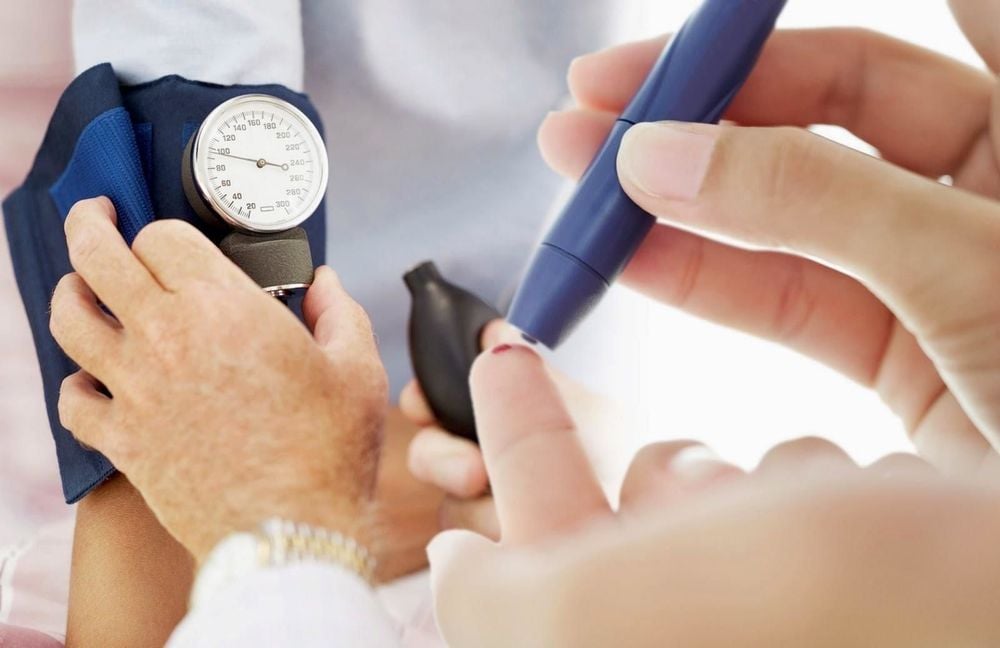This is an automatically translated article.
Latent autoimmune diabetes in adults is an inherited autoimmune disease. In the early stages, latent autoimmune diabetes in adults presents as type 2 diabetes, but latent autoimmune diabetes in adults is more like the younger form of type 1 diabetes.
1. What is latent autoimmune diabetes in adults?
Currently, there are 4 main groups of diabetes, namely: type 1 diabetes, type 2 diabetes, other types of diabetes and gestational diabetes. However, there are still diabetes types that do not completely fit into one of these types, that is, latent autoimmune diabetes in adults.
Calling latent autoimmune diabetes in adults is due to the intertwined pathogenesis, clinical manifestations, biology from which the disease progresses, requiring incomplete treatment according to existing recommendations.
Latent autoimmune diabetes in adults is an inherited autoimmune disease in which the body recognizes the pancreas as a foreign organ and responds by attacking and destroying the insulin-producing cells in the beta island of the pancreas. pancreas.
In the early stages, latent autoimmune diabetes in adults presents as type 2 diabetes, but latent autoimmune diabetes in adults resembles the younger form of type 1 diabetes, so it can be called autoimmune type 1 diabetes. Latent autoimmune diabetes in adults presents risks for insulin dependence and has physiological features with type 1 diabetes in terms of metabolic dysfunction, genetics, and autoimmune but not disease in humans. children.

Đái tháo đường tự miễn tiềm ẩn ở người lớn là một bệnh lý tự miễn di truyền
2. Subjects at potential risk of adult autoimmune diabetes
The following people are at risk for latent autoimmune diabetes in adults:
People with insulin deficiency predispose to latent autoimmune diabetes in adults. Due to heredity, latent autoimmune diabetes in adults has inherited characteristics related to the genes HLA-DRB1, INS-VNTR, PTPN22, TCF7L2. Latent autoimmune diabetes in adults with HLA genotypes has an associated risk of progression to insulin dependence compared with low-risk HLA genotypes. The higher the level of autoantibodies, the faster the progression and vice versa.

Chỉ số BMI thấp có nguy cơ mắc đái tháo đường tự miễn tiềm ẩn
Low body mass index (BMI), high risk of diabetes in human leukocyte antigen groups, positive thyroid peroxidase antibody, and female sex increase the risk of progression to insulin-dependent diabetes mellitus. Latent autoimmune diabetes in adults. Patients with diabetes can go to Vinmec International General Hospital for examination and treatment. There is a team of well-trained, experienced and specialized endocrinologists, and a system of modern and international-standard equipment to best support effective diagnosis and treatment.
For detailed advice, please come directly to Vinmec health system or register online HERE.













